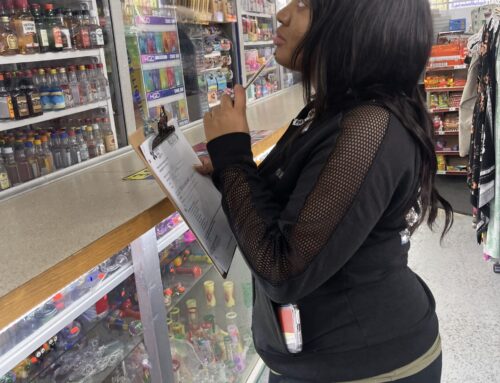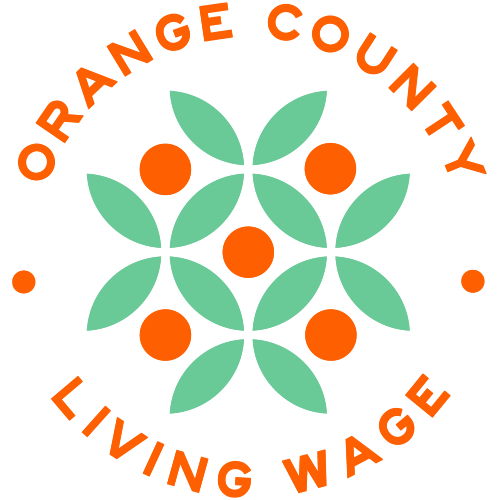The FDA recently issued marketing denial orders on thousands of tobacco products, but applications for the biggest e-cigarette brands are still under review.
The FDA was ordered by a federal court to take action by September 9th on applications for approval of tobacco products that were not on the market before 2016. Under the pre-market review process, in order for the FDA to approve a tobacco product to be marketed in the US, that product must be “appropriate for the protection of public health.”
In a positive move, the FDA denied applications for over 946,000 flavored e-cigarette products, and effects are already being seen in the retail environment as vape shops are adjusting to this new reality and pulling products off the shelves.
As of the deadline, the FDA reported that they have taken action on about 93 percent of the applications, but need more time to complete the remaining applications. Unfortunately, many of the pending applications are from brands that command the vast share of the e-cigarette market, such as Juul and Vuse, and this delay makes it unclear how the FDA perceives these devices and how they should be regulated.
The applications that are still in review represent products that are technically not authorized for sale. The FDA reiterated that “all new tobacco products on the market without the statutorily required premarket authorization are marketed unlawfully and are subject to enforcement action at FDA’s discretion.” As explained by Public Health Law Center, this means that any e-cigarettes sold after the deadline without authorization are sold illegally, but there is no clear guidance yet on how the FDA will handle this.
The FDA stated it will continue to make decisions on a case-by-case basis, and it is unclear how they will enforce changes in product legalization with limited resources. In a nod to the impact on youth, the FDA noted that flavored products that appeal to youth are an enforcement priority. We agree with Campaign for Tobacco-Free Kids that youth remain at risk while there are still flavored e-cigarettes on the market.
States and local jurisdictions may need to develop or enhance existing enforcement strategies to help ensure that retailers are not selling unauthorized e-cigarettes, especially since the FDA does not generally have the capacity to perform compliance checks on every retailer. One way to expand the authority of state or local enforcement agencies is to update tobacco retailer licensing policies to prohibit the sale of e-cigarettes that are not authorized for sale by the FDA. However, at this point, it is not clear which specific products have been issued marketing denial orders, making enforcement a challenge.
We support our partners’ efforts to meet this challenge and protect public health from these harmful products. There is a lot we still don’t know about this situation; stay tuned for updates as we learn more.



